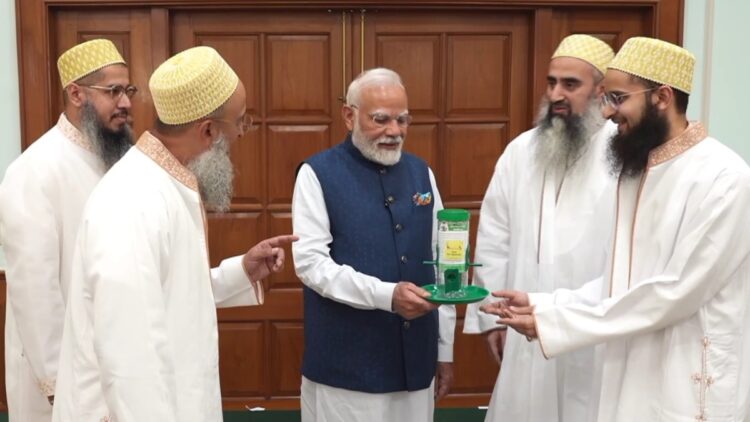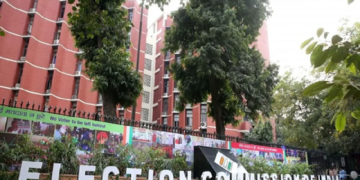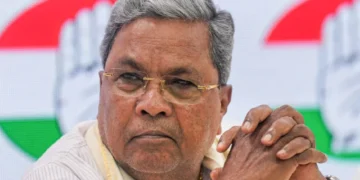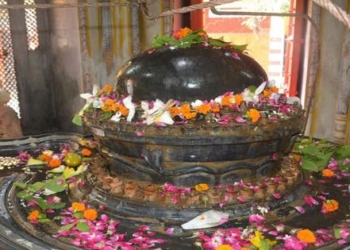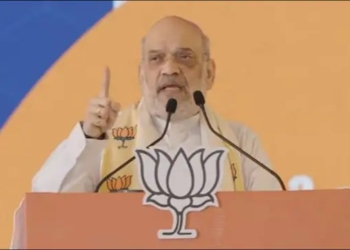Delegation of Dawoodi Bohra community received from PM Modi.
Politics is hot in the entire country regarding the Waqf Amendment Act. The Modi government is describing this law as necessary for the good of Muslims, while many opposition parties including the Congress and many Muslim organizations are telling the Waqf Amendment Act against the Muslims. Petitions against the Waqf Amendment Act are also being heard in the Supreme Court. On the other hand, the people of Dawoodi Bohra community have met Prime Minister Narendra Modi and thanked him for the Waqf Amendment Act.
Expressed trust in PM Modi
On Thursday, a delegation of Dawoodi Bohra community met Prime Minister Narendra Modi and thanked him for the Waqf Amendment Act. He said that this was a long pending demand of the community. He also expressed confidence in the Prime Minister’s Sabka Saath, Sabka Vikas, Vision of everyone’s faith.
Big hearing in Supreme Court
On the other hand, the Central Government has got a big relief in the Supreme Court regarding the Waqf law. The Supreme Court has currently refused to ban the Waqf law. A bench of Chief Justice Sanjeev Khanna, Justice PV Sanjay Kumar and Justice KV Vishwanathan on Thursday stated the petitions against the Waqf Act, saying there will be no new appointment in Waqf until further orders. Along with this, the government has been given 7 days to answer.
Interim order of Supreme Court
Under the provisions of the new law, no new appointment will be made in the Waqf Board and the Central Waqf Parishad. This means that no new change, including the appointment of non-Muslim members, will not be possible at the moment. The court has ordered that the vaqf status of any property declared under the ‘Waqf-Bai-Uzer’ or ‘Waqf-by-Did’ will not be removed. This means that such assets will be completely banned on the process of declaring government land or making any changes in their ownership. The new law provides that in case of dispute over Waqf property, the District Magistrate will not validate it as Waqf property until the investigation is completed. The court has imposed an interim stay on implementing this provision, so that the status of such assets will remain unchanged. The court has directed to maintain the status quo by prohibiting any changes in the existing structures of the Waqf Board and the Central Waqf Parishad.
Also read- Vice President Jagdeep Dhankhar raised questions on the judiciary, said- Article 142 has become a nuclear missile.
What is the matter of the interim order of the Supreme Court on new Waqf laws? These restrictions are for the government
Latest india news

